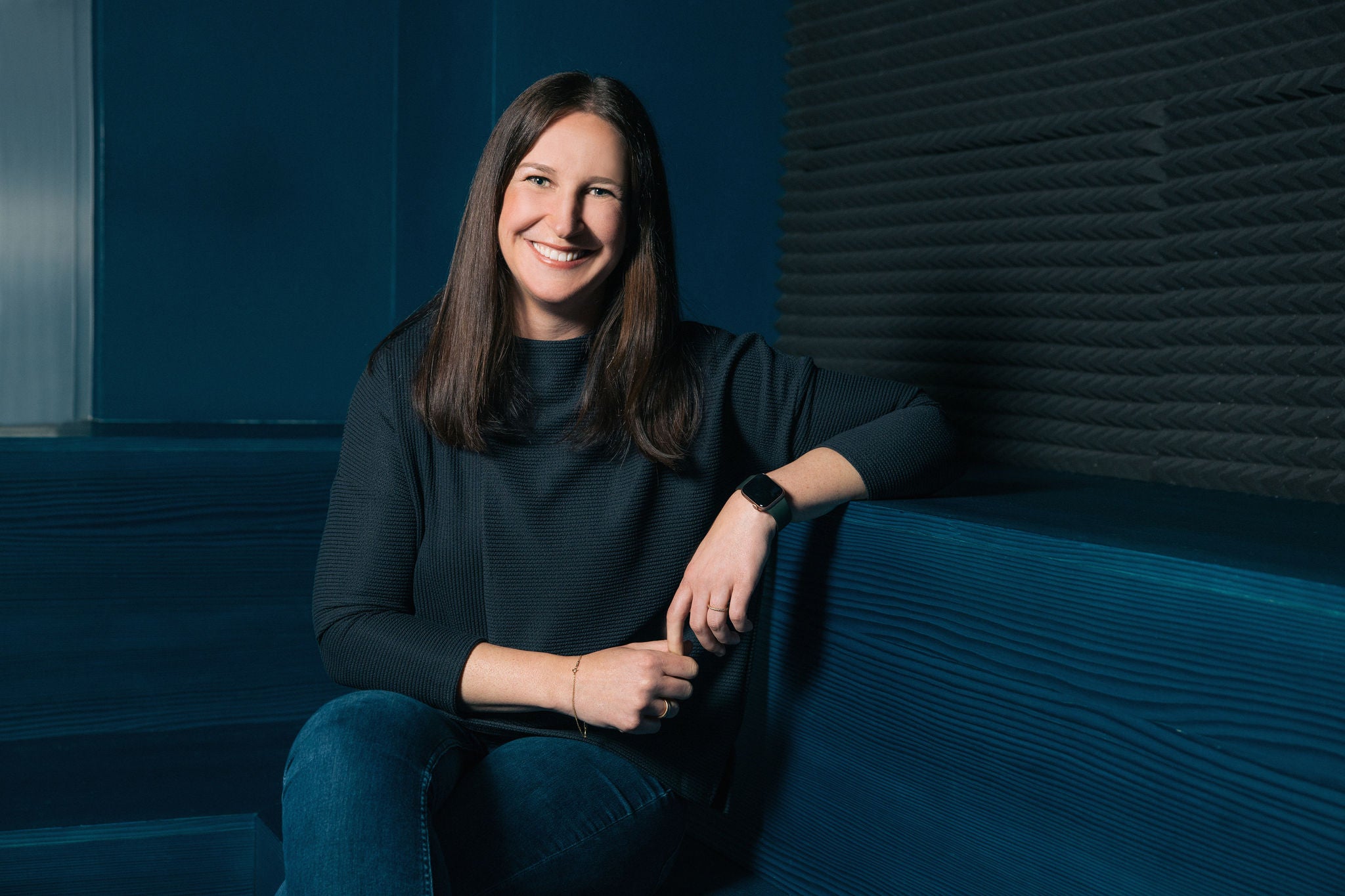with Dr. Nikolaus Schmitt-Walter
Former General Manager of Insights
The definition of innovation is ‘bringing about new ideas, methods, products, services or solutions that have a significant positive impact and value’, and that is what Mediaplus is all about. We believe that consistent and constant innovation is the path to a successful future and an exciting present, which is why we are so thrilled to sit down with the General Manager of Insights at Mediaplus Germany, Dr. Nikolaus Schmitt-Walter, to find out more.
“Innovation means finding answers to new questions and challenges. In market research and data analytics, that means adapting to the possibilities of new technologies like AI and proactively shaping trends and developments to create new opportunities for growth.”
One of the most interesting topics for the insight department at the moment is artificial intelligence. AI is something that has been on our radar for a very long time, increasingly so over the last 18 months. The emergence and development of large language models have started to transform the industry and it completely changes the way we can collect, analyse, and use data. AI provides us with a range of possibilities to automate and accelerate proven processes that we use every single day. Things we have done for years are now suddenly much more efficient thanks to AI and we can also implement processes that were previously impossible because they were too complex.

For example, we have developed a tool called Persona. AI, which allows us to access information and data about our clients' audiences in a more direct and intuitive way: through a data-driven persona chatbot. Our consultants will be able to ask their target audience the questions they need answered instantly - even bringing the virtual consumer into a workshop or meeting. All answers are based on proven and reliable data.
Within the Insights department and beyond, we have so many colleagues who are curious about new technologies and new tools we can use to improve our work processes. To accelerate our growth, we have a group of people who regularly scan the market for new tools and developments, before evaluating to see whether they could be of use to us. It’s all about locating new and exciting tools, and then developing effective use cases.
These could be general tools like ChatGPT or Microsoft Copilot, which we are currently testing to see how we could implement them into our processes. But we also research some more specific and niche tools, like Mintel Leap. Mintel is a big research company that just released an AI interface where you can search and query that database via natural language processing. Essentially, we ask the question and then the tool scrapes all the databases to give us a great answer. Based on all those data points and findings in the reports, you can more or less put the results directly into an email or write a summary or put it into a presentation, which accelerates our work impressively.

We understand that people were scared about AI taking jobs when it first emerged on the world stage. There is no doubt that artificial intelligence will transform our industry and the advertising industry too, especially in those data-driven media production sectors where it can easily be implemented. In media production, some companies have experimented with AI-generated text instead of having journalists write it from scratch. AI is also being used for advertising materials, generating images, generating videos, and some are even looking at the possibility of generating hyper-personalized ad materials that are specifically tailored to the needs and interests of the people watching.
But we do have the downsides to AI too. We are seeing massive amounts of AI-generated text being pushed onto the web purely to hit SEO and search marketing parameters. These are optimizations that have no real value beyond driving traffic to websites to show people unhelpful adverts. Before long, this is going to completely clutter and overload the web and we will see a sharp decline in the credibility of content because people will not be able to easily judge whether something is actually useful or not.
Some people may question whether AI is an example of innovation in itself or whether it simply enables innovation. Why not both? Artificial intelligence is a very new and powerful technology, and it has the ability to perform tasks that would be difficult, if not impossible, for us to do on our own. That kind of development is akin almost to the introduction of the World Wide Web or digitization – AI is the next leap. But it is also a driver of innovation too because it can help us discover new possibilities and create new solutions based on the technology. AI is all about the new. Developing new things, new tools, new solutions, new approaches and even putting new spins on old technology too.
But why should clients actually care about AI? After all, we have operated without it for decades. The simple answer is that our clients shouldn’t really care about the tools we use, AI or otherwise. What they should care about is the outcome of those tools and the speed at which they receive their data and results. The fact is we can get better results at faster speeds while using AI, and that is why our clients should and will care about the technology.
AI is going to enable us to connect more data sources than ever before. Not only the data sources we have provided internally as a media agency, but also the client’s data sources. These previously scattered sources used to be unreachable for us but can now be connected efficiently and effectively by artificial intelligence. We are going to be able to optimize media plans more than ever before, allocating budgets more efficiently for our clients and delivering more informed results. No client is going to argue with better results, better speeds, and better budget allocation!
It is not dramatic or unrealistic to say that AI is going to change lives – it is already. The job profiles and work processes that we have, especially those involving repetitive tasks, are going to change. It will become much easier for us to automate these tasks, along with plenty of other steps in the campaign planning and execution process. Things that don’t need much brainpower will be automated by AI, freeing up the brains of our teams to work on other more important aspects. It’s important to remember that even after all that training and curating, just because AI gives us a result doesn’t mean that it’s correct or usable. We will always need actual people to screen the results, evaluate them, and decide which route to go down.
“AI will change the way we work, but I hope in a more interesting way for our colleagues.”



































